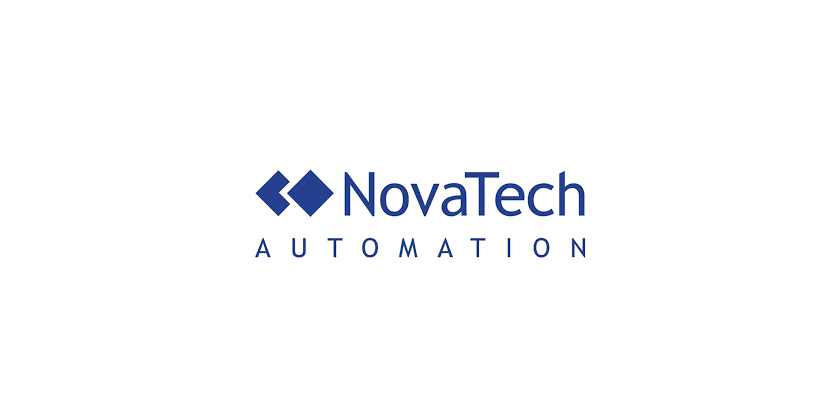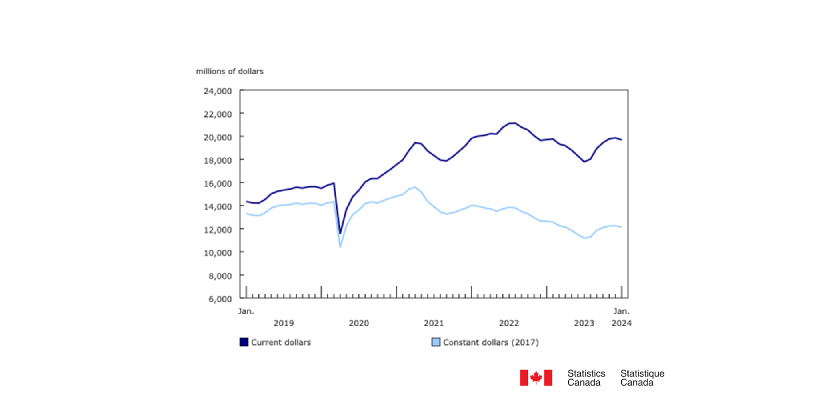The Dreaded F-Word at Work: Five Reasons to Avoid The “Friend” Zone With Customers

Nov 1, 2018
By Jeff Mowatt
Conventional workplace wisdom espouses the virtue of employees being friendly with customers. While friendliness is a good thing, too often employees interpret it as encouragement to become their customer’s friend. That’s not such a good thing. The key question is what is the most appropriate and profitable employee/customer relationship? Having conducted customer service training seminars for hundreds of organizations over the years, I’ve come to the conclusion that there are five things every employee should consider as they develop relationships with internal and external customers.
1. Not all interactions are fun
Chances are, customers would rather not go through the process of buying your products and services. They want the benefits of your products and services but for today’s busy, distracted customer the actual act of arranging to buy or receive your offerings is yet another item on their ‘to-do’ list. That means when dealing with stressed or rushed customers, if employees try to be too upbeat and friendly, they’ll actually come across to some customers as more irritating than endearing.
2. We pay trusted advisors; friends are free
There’s nothing wrong with becoming friends with customers. That is, if you’re going to be real friends. Friends are people who you invite to your home for a meal. When your customers become your friends they expect the friends and family discount. If that isn’t in your plan, then you’ll come across as being more authentic by instead working to become your customer’s trusted advisor. As a trusted advisor, you’re not expected to constantly stay in touch with customers any more than we expect our surgeon to call every now and then to chat about our vacation plans. Customers will pay a premium to do business with a trusted advisor. Friends, on the other hand, are free.
3. Service isn’t subservience
My first job, after graduating university with a commerce degree, was selling one-write accounting systems to businesses door to door. For the first few weeks I got turned-down more often than a hotel bedspread. It was so hard to get past the receptionist to see the prospect that if the business owner or manager deigned to grant me an audience I felt I should prostrate myself and repeat the proverbial, “I’m not worthy!” I soon discovered that being too overtly grateful for the customer’s time implied that my offerings were not worth their time. Not a good message. Some customers like service providers who are obsequious. But they don’t respect them. Again, your goal is not to be the customer’s friend or servant. It’s to become their trusted advisor.
4. Arrogance annoys
At the other extreme of the status spectrum we find employees who know their stuff so well that they come across as arrogant. In that case, customers may respect those employees, but they don’t like them. Customers will often not buy just to put haughty employees in their place. I’m sure your employees don’t walk around with holier-than-thou attitudes. What they may do, however, is be too quick to offer advice. Customers need to feel that the service provider has truly listened to their unique needs. To avoid coming across as arrogant, trusted advisors need to do at least as much listening as they do talking.
5. Too casual is untrustworthy
Popular wisdom advocates winning customer confidence by dressing and speaking like your customers. And it’s generally misguided. Imagine walking into a medical specialist’s office to find that the MD is dressed in sandals, t-shirt and addresses you as “dude.” You’d be looking for a few framed degrees on the wall. It’s a mistake to dumb down your verbal and non verbal communication to match your customer. Instead, dress to suit the job expectations, and then speak clearly and articulately. You’ll be perceived as being appropriate and intelligent. That goes a long way towards earning trust.
Bottom line: customers are paying directly or indirectly for your service. They already have their own friends (who are free). What most customers need — and are will pay a premium for — are professionals they trust who help them make better decisions to improve their lives at work at home. That’s the role of a trusted advisor.
This article is based on the bestselling book, Influence with Ease by Hall of Fame motivational speaker, Jeff Mowatt. To obtain your own copy of his book or to inquire about engaging Jeff for your team, visit www.jeffmowatt.com.










![Guide to the Canadian Electrical Code, Part 1[i], 26th Edition – A Road Map: Section 10 – Grounding and Bonding](https://electricalindustry.ca/wp-content/uploads/2022/11/Guide-CE-Code-2.png)





